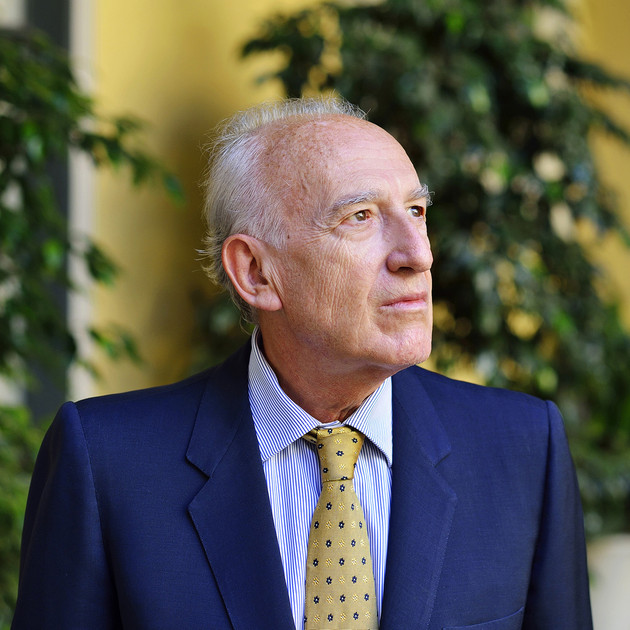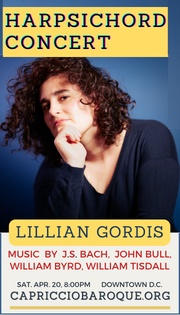Pollini struggles yet shines in Chopin recital at Kennedy Center

Maurizio Pollini performed an all-Chopin recital Tuesday night at the Kennedy Center.
Maurizio Pollini won the International Chopin Piano Competition over half a century ago. It launched him on a world-bestriding career that has been prodigious, but he is nearing the end of a brilliant career arc. Health problems forced the Italian pianist to withdraw from recitals in Washington in 2015 and 2011.
The Kennedy Center’s Fortas series offered his latest concert on Tuesday night. A bad fall reportedly led to a slew of canceled concerts last month, and the 75-year-old pianist walked with a noticeable limp to his lonely spotlit bench.
Frayed edges in Pollini’s all-Chopin program were signs of further decline in the crowded Kennedy Center Concert Hall. In Chopin’s Ballade No. 4, some approximation in that once-flawless right hand was evident. The musical architecture was sound, but the cracks in the foundation continue to spread.
On the other hand the angry gestures of the Scherzo No. 1 were still as strong and impetuous as they should be. Pollini has never been one for sentimentalizing Chopin. His approach to rubato was mostly about impulsive speeding up, rather than saccharine slowing down. That focus on the bold, revolutionary side of the composer’s personality makes Pollini’s Chopin playing satisfying, but it does mean that he glosses over some of the more melancholy, introspective qualities.Like most pianists, he sped through the middle section of this scherzo. The composer marked it “Molto Più Lento,” tenderly alluding to the melody of a Polish Christmas song, Lulajże Jezuniu (“Lullaby, Little Jesus”), often sung at Midnight Mass at an extremely slow tempo.
Pollini played many of the same works on his last all-Chopin recital here, in 2010. While the technical fortitude has declined, his interpretative ability has expanded in some ways. This time around, for example, the Berceuse was a wonder of sound, the delicate inner voices all teased out with patience. Here was a willingness to take time to sort out the complex variations of the piece, and it provided an extended moment of grace.
Two pairs of nocturnes would have benefitted from that impulse. In the Two Nocturnes, op. 27, Pollini rushed through the enigmatic minor-to-major surprise of the opening gesture of the Nocturne in C-Sharp Major, and in general played both of these pieces in a forceful way. The right-hand flights of fancy in the Nocturne in D-Flat Major, a tribute to the elaborate fioriture of bel canto opera singers, seemed made of steel more than silk.
There was greater freedom in Op. 55, beginning with a gentle, regretful rendition of the Nocturne in F Minor. Even more details came through in the Nocturne in E-Flat Major, marked by a marvelous burgeoning of inner voices in trills and chromatic flourishes. By contrast the Ballade No. 3 was not at all sentimental, featuring more of the muscular, powerful Chopin playing for which Pollini was known, again with some of the right-hand notes glossed over here and there.
The centerpiece of the program, the Sonata No. 3 in B Minor, crowned the evening. The first movement was assertive, even aggressive, shorn of all tenderness without becoming hard-edged. The fast tempo of the Scherzo threatened to veer off the rails technically, a sign of fatigue that only grew worse in the Finale. The rashness of the approach was still thrilling, the angry roaring from an old lion, but the execution was not nearly as polished as one once expected from Pollini. He hurried the pacing of the slow movement, too, although the singing melodic touch of his fingers remains extremely refined.
For two long encores Pollini remained with Chopin, but both the Scherzo No. 3 and the Ballade No. 1 revealed an increasing fatigue. The sense of autumnal fading was bittersweet.
The Kennedy Center’s lineup for the Fortas Chamber Music Concerts next season includes concerts by the Takács Quartet, Dawn Upshaw and Sō Percussion, Steven Isserlis and Richard Egarr, and Les Violons du Roy with Isabelle Faust. kennedy-center.org; 202-467-4600.







Posted May 18, 2017 at 8:26 am by Laura Youens
I winced reading this, having admired Pollini for years. Still, if one piece had to be marvelous, I’m glad it was the Berceuse (my last piano jury piece!).
Posted Mar 08, 2018 at 1:32 am by Andrew Currie
It is sad when a great pianist continues to play when his or her technique becomes a liability, when it had once been a virtue in youth. Yes there might be a greater breadth in interpretation, but to what extent does that offset an empathetic listener’s discomfort in hearing a titan struggling through passages that had once been played with complete mastery.
It is a pity that Pollini does not follow the path taken by Liszt and Anton Rubinstein; where they both focused on teaching rather than public performance once their best days of playing were behind them. Depending upon what type of temperament he has, Pollini might be able to excel as a teacher in his seventies, just as he did as a virtuoso in his fifties. I wonder if he realizes just what a mammoth contribution he could still make if he were to become a teacher.